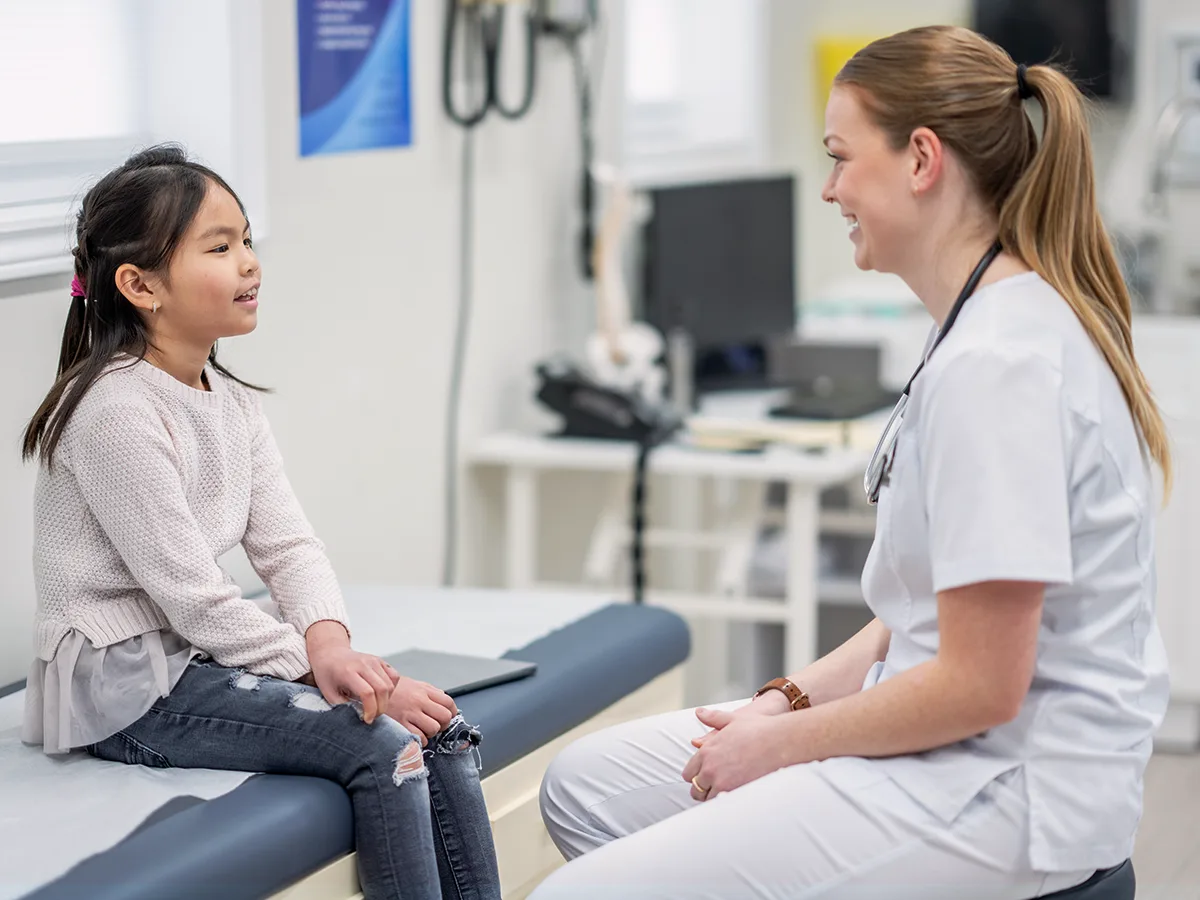FAQs about “Take Your Pills,” Netflix’s documentary on ADHD medication abuse
The Netflix film Take Your Pills focuses on ADHD medication abuse by teens and young adults. It specifically looks at the popular medication, Adderall.
Some parents may find the documentary alarming. But knowing the truth about ADHD medication abuse can help put the issue into perspective. It can also help frame any concerns you may have for your child’s doctor.
The film features a number of teens and adults talking about their experience with ADHD stimulant medication. But it doesn’t always make clear which of them actually has ADHD, or why and when they started taking medication. And it doesn’t really talk about whether taking the medication had any benefits for those who may have ADHD.
Here, Bob Cunningham, advisor-in-residence on learning and thinking differences at Understood, answers some questions you may have about the film and ADHD medication abuse in general.
Is taking ADHD medication considered substance abuse if a child has ADHD and uses the medication as prescribed?
No. Abuse means using a medication for a result that isn’t what it’s prescribed for. Kids who take their medication as prescribed are using it for the right reason. That is, to relieve the symptoms of ADHD that interfere with learning and everyday living.
Also, research shows that those who take medication as prescribed are less likely to have issues with drug abuse than those who don’t.
The film seems to focus on Adderall as the ADHD medication that’s most often abused. What about all the other stimulant medications?
Any stimulant medication can be abused. It’s even possible to become addicted to them or to overdose on them, although it’s rare. This is why it’s very important to only use Adderall or other medications under the close supervision of a health care provider.
Adderall does seem to be the ADHD medication that’s most talked about — and not just in this film. It’s become a reference in all aspects of pop culture — in songs, TV shows, and movies. But it’s just one of a number of stimulant medications used to treat ADHD. And it works similarly to the others.
At the end of the film, one of the interviewees suggests that to help kids with ADHD, “just teach them how to focus.” Is that a real alternative to medication and other treatment?
It’s an unfortunate and unfair myth that kids with ADHD can simply learn how to manage their symptoms. Is it possible to help a child learn to attend better through strategy instruction? Yes. But it takes a long time, and it isn’t easy. Often, kids can learn the strategies but have trouble using them when they’re most needed.
For many kids with ADHD, medication is the most effective treatment. Many also benefit from therapy. That includes cognitive behavioral therapy and behavior therapy.
Some of the people interviewed in the film talk about how ADHD medication makes them feel like they have a “superpower” or an “edge.” Is that the intended effect for kids with ADHD?
No. People who don’t have ADHD often report these feelings. But it’s less likely that a child with ADHD would report them. Kids with ADHD usually realize that they struggle with things like attention and impulse control, and the medication helps them struggle less.
ADHD medication doesn’t give them superpowers or some sort of advantage. And it isn’t “cheating” to take Adderall or any other stimulant medication as prescribed for ADHD.
These medications treat symptoms that create huge challenges for kids. Sometimes, they have unwanted side effects. But fine-tuning the dosage or timing usually takes care of it. That’s why it’s important to work closely with your child’s prescriber.
Keep in mind, too, that medications don’t cure ADHD. They just lessen the symptoms and, in many cases, the negative impact on a child’s life and learning.
How do I know my child actually needs medication for ADHD?
The only way to tell is by having a full and professional evaluation for ADHD. If ADHD symptoms are getting in the way of your child’s success at school or at home, talk to your child’s doctor. It’s also important to talk to your child’s school.
The school can try different strategies and accommodations for ADHD that might help. But sometimes, those steps don’t have the desired result. If that happens, it’s another sign that it’s time to get an evaluation for ADHD.
You can talk with the evaluator about whether medication is right for your child. And if your child has already been diagnosed, you can ask the health care provider if it’s a good idea to consider medication.
Any medication comes with potential risks. And the potential for abuse is a risk with ADHD medication. The best way to guard against that is to make sure to have regular contact with the doctor who prescribes the medication.
Discover how ADHD medications work in the brain.
Get tips on what to say to grade-schoolers and tweens and teens about ADHD medication.
And see a list of questions to ask yourself if you’re considering ADHD medication for your child.
Understood is not affiliated with any pharmaceutical company.



